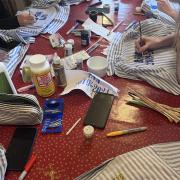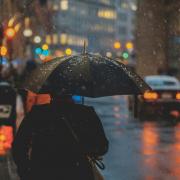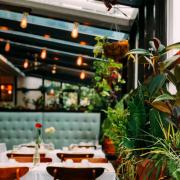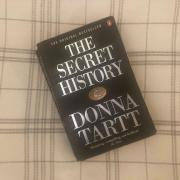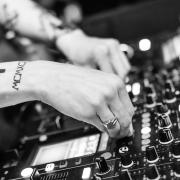
From Thursday 10th December to Friday 18th December, Jews across the world celebrated the festival of Chanukah. Although Chanukah is often associated with Christmas due to its temporal proximity to the Christian festival, it is celebrated differently and its origins precede those of Christmas.
Chanukah, or Hanukkah, is celebrated as a way of commemorating the rededication of the Jewish temple in Jerusalem in 165 BC: 'Chanukah' is Hebrew for 'dedication'. The Jews had been oppressed by the Hellenistic king of the Seleucid empire, Antiochus IV, who prohibited them from practising their religion and made it a legal requirement to worship the Greek gods. It is said that the Greek soldiers massacred thousands of Jews who refused to succumb to hellenisation, after which they erected an altar to Zeus and sacrificed a pig in the holy Jewish temple.
Many Jewish people rebelled against Antiochus' cruel authoritarian reign, led by the Jewish priest Mattathias and his son Judah Maccabee. Miraculously, the Jews triumphed in the ensuing battle - despite the Greek army being five times larger than their own. Upon reclaiming the temple, the Jews were dismayed to find only enough oil to keep their sacred menorah burning for a single day. However, another miracle occurred and the oil lasted for eight days (hence, Chanukah is now often referred to as the Festival of Lights and lasts eight days).
Today, Jews celebrate Chanukah by gathering with their families to light a Chanukiah - a nine-branched candelabrum, which imitates the seven-branched menorah used in the ancient Jewish temple - and singing songs about the Chanukah story. The amount of candles lit corresponds to which day of Chanukah it is (for example, on the 7th day of Chanukah, seven candles will be lit) - although the central candle is lit every day and is used to light the others. Children often play with spinning tops, called dreidels, as it is believed that in the time of the Maccabean Revolt, Jews would pretend to be playing with dreidels in order to conceal that they were studying the Torah. In addition to this, it is customary to eat food cooked in oil, such as latkes (potato pancakes) and doughnuts, as a reminder of the miracle of the oil lasting eight days.
Allie Gruber, a 17-year-old student, remarked, 'What makes Chanukah so special for me is its ability to bring people together. There is something so remarkably precious about sitting huddled around the warm glow of candles and singing together - especially when certain members of the family would never be caught singing at any other time of year!'
Thus, it is clear that Chanukah is not merely the 'Jewish version of Christmas', but rather a festival in its own right, with its origins dating back to the persecution of the Jews in the 2nd century BC. Chanukah is a time for joy and festivity, as well as a time to remember to be grateful for our freedom and right to religious autonomy.




